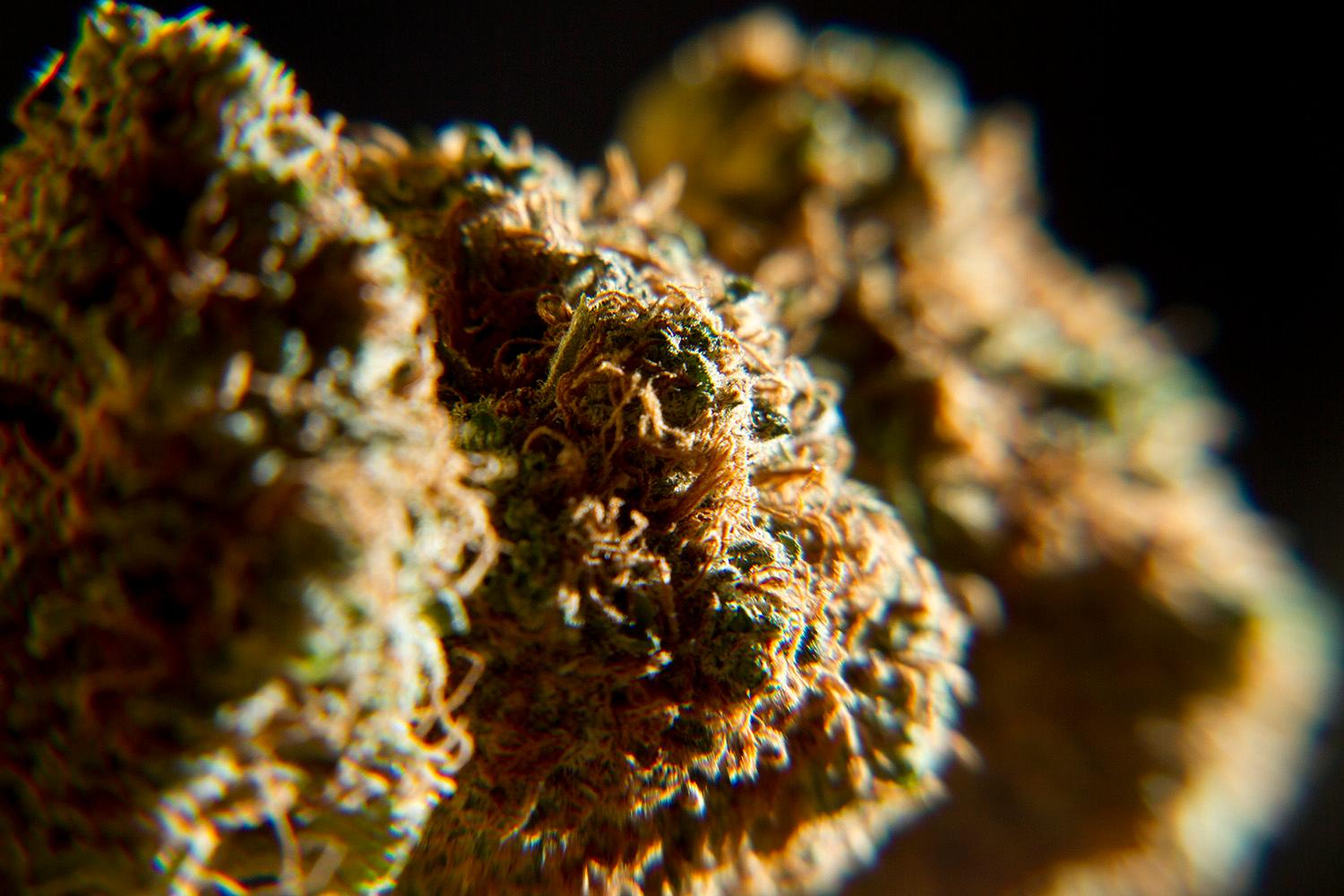
Hopes that marijuana might be reclassified this year were dashed when the Drug Enforcement Administration announced Thursday that the drug would remain a Schedule I controlled substance.
Schedule I controlled substances have "no currently accepted medical use and a high potential for abuse," according to the DEA.
In a letter to petitioners, acting DEA administrator Chuck Rosenberg leaned heavily on Food and Drug Administration science and research.
A drug cannot be removed from Schedule I if it the FDA and National Institute on Drug Abuse (NIDA) find no accepted medical use.
"The FDA drug approval process for evaluating potential medicines has worked effectively in this country for more than 50 years. It is a thorough, deliberate, and exacting process grounded in science, and properly so, because the safety of our citizens relies on it."
This would be a good time to remember that a top Nixon advisor recently said the War on Drugs began about 50 years ago in order to "vilify" black people and hippies.
Rosenberg also addressed the safety issue most people talk about when they talk about rescheduling -- that marijuana is far less dangerous than other drugs in Schedule I, which include heroin, LSD and bath salts.
"Schedule I includes some substances that are exceptionally dangerous and some that are less dangerous (including marijuana, which is less dangerous than some substances in other schedules). That strikes some people as odd, but the criteria for inclusion in Schedule I is not relative danger."
For those disappointed that the DEA decided to keep the status quo, there's this: Hillary Clinton suggested in an official statement that she'll go further if she's elected:
"As president, Hillary will build on the important steps announced today by rescheduling marijuana from a Schedule I to a Schedule II substance. She will also ensure Colorado, and other states that have enacted marijuana laws, can continue to serve as laboratories of democracy."
Included in Rosenberg's letter, which you can read in its entirety here, are an explanation of the drug scheduling law and how the DEA supports (or allows) marijuana research.
Essentially, the Controlled Substances Act says the DEA is legally bound by the medical and scientific review, analysis and assessment of the FDA and NIDA.
"If the scientific understanding about marijuana changes -- and it could change -- then the decision could change," he concludes. "But we will remain tethered to science, as we must, and as the statute demands."
Rep. Jared Polis, for one, isn't having any of that.












